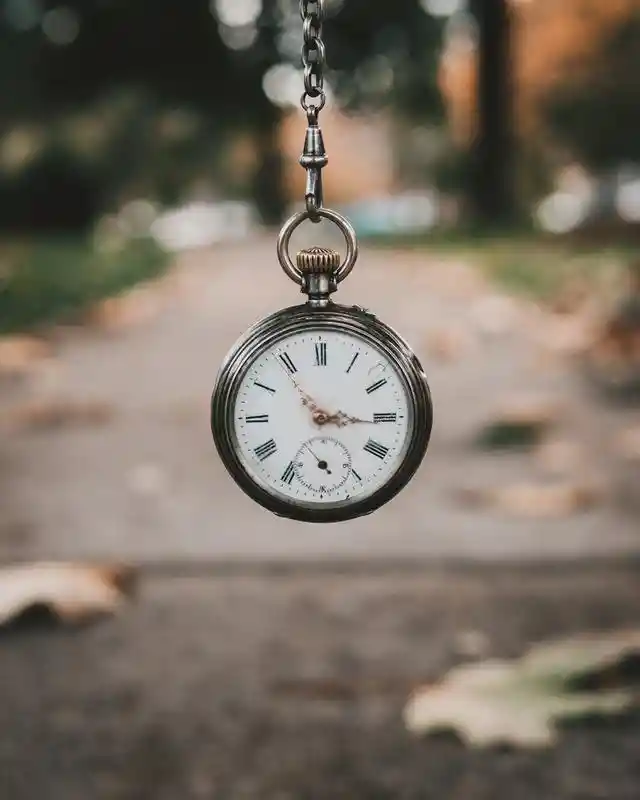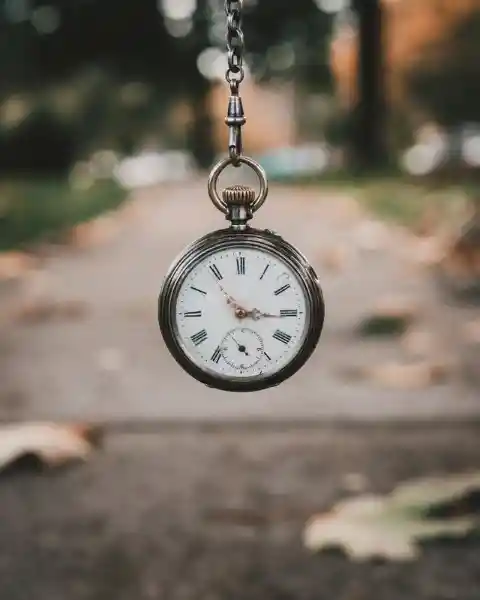Mortality is a question and idea to be feared by all but the most mentally prepared. The idea that we might not have long left on this planet is a worrying thought. Life is something to be cherished, and the idea that we could be set to die soon is terrifying. For some of us, though, it would be nice to know when the man comes around. One factor that is growing in popularity is the ‘aging clock’, a device that claims it can tell you how long you might have left to go.


Naturally, debate abounds about how accurate or authentic these clocks are. Science believes that our ‘birthday’ is essentially the age we are, but how long we live depends on our bodies. Our lifestyle, diet, and levels of stress play a huge role in determining how long our organs can handle the rigors of daily life. Biological age, then, is the term that people use to talk about how they ‘feel’ as opposed to how many birthdays they have.
A 30-year-old who has lived a drug-riddled and poorly managed life might look – and feel – worse than someone in their 40s or 50s who has cared for themselves. Calculating your biological age, then, has become a fad that many people want to try and work out. It is, though, by no means an easy thing to work out – and various ways of doing so lack accuracy.
These ‘aging clocks’ are a popular part of this theory. It explores how much your organs have degraded to give you a rough idea of how long you might have left. It takes factors like your epigenetic markers and tries to use this to guesstimate when you might expire.


Are aging clocks a legitimate thing?
While brothers Markus and Steve Horvath developed the first epigenetic aging clock in 2011, others have followed their lead. This means that there are clocks that basically tally up your lifestyle, your diet, and a few other factors to give you a clock. Each new clock comes along with new features to try and give a more accurate reading. But are they accurate?
They are decent ways to take a look at your overall health and well-being. Through positive change and lifestyle adjustment, though, you could turn the clock back on itself. Really, an aging clock cannot accurately determine how long you have left – it can simply point out that, following the same path you are on now, your time could come sooner than it should.